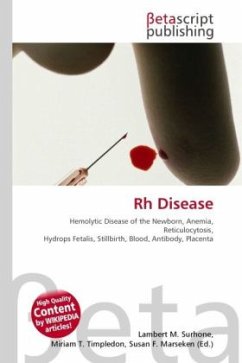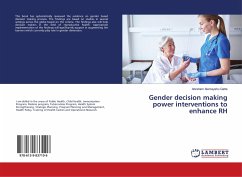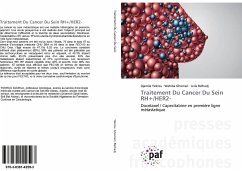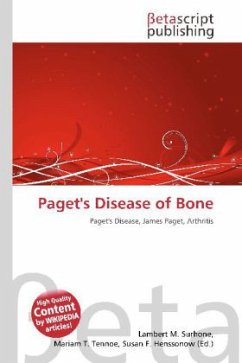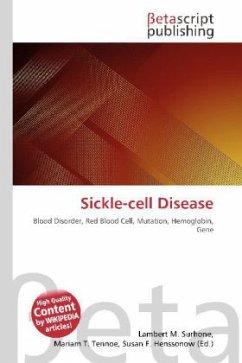High Quality Content by WIKIPEDIA articles! Rh disease (also known as Rh (D) disease, Rhesus disease, RhD Hemolytic Disease of the Newborn, Rhesus D Hemolytic Disease of the Newborn or RhD HDN) is one of the causes of hemolytic disease of the newborn (also known as HDN). The disease ranges from mild to severe. When the disease is mild the fetus may have mild anaemia with reticulocytosis. When the disease is moderate or severe the fetus can have a more marked anaemia and erythroblastosis (erythroblastosis fetalis). When the disease is very severe it can cause morbus haemolyticus neonatorum, hydrops fetalis, or stillbirth. During any pregnancy a small amount of the baby's blood can enter the mother's circulation. If the mother is Rh negative and the baby is Rh positive, the mother produces antibodies (including IgG) against the Rhesus D antigen on her baby's red blood cells. During this and subsequent pregnancies the IgG is able to pass through the placenta into the fetus and if the level of it is sufficient, it will cause destruction of Rhesus D positive fetal red blood cells leading to development Rh disease.
Bitte wählen Sie Ihr Anliegen aus.
Rechnungen
Retourenschein anfordern
Bestellstatus
Storno

